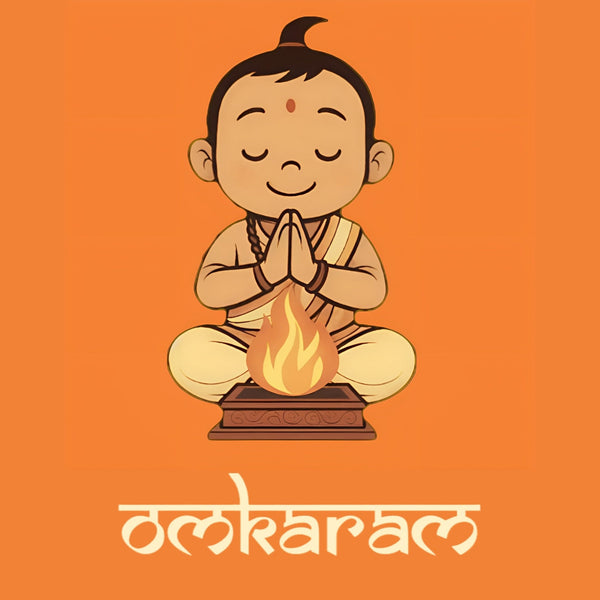Buddha Purnima Festival
Buddha Purnima - Why Do We Celebrate It?
Buddha Purnima, also known as Vesak or Buddha Jayanti, is the most sacred festival in Buddhism, commemorating the birth, enlightenment (nirvana), and death (parinirvana) of Gautama Buddha, all of which are believed to have occurred on the full moon day (Purnima) of the Hindu month Vaisakha (April–May).
It is celebrated with deep reverence by Buddhists across the world, especially in India, Nepal, Sri Lanka, Tibet, Bhutan, and Southeast Asia.

📖 Historical Significance
1. Birth of Siddhartha Gautama
- Siddhartha Gautama, who would become the Buddha, was born in Lumbini (present-day Nepal) around 563 BCE to Queen Maya and King Suddhodana.
- He was born on Vaisakha Purnima, under a full moon.
2. Enlightenment (Nirvana) at Bodh Gaya
- At the age of 29, he renounced royal life and sought truth through deep meditation.
- On Vaisakha Purnima, under the Bodhi tree in Bodh Gaya, he attained enlightenment, becoming the Buddha — “The Enlightened One.”
3. Mahaparinirvana (Final Liberation)
- At the age of 80, Buddha attained Mahaparinirvana (death without rebirth) at Kushinagar, also on Vaisakha Purnima.
These three major events occurring on the same lunar day make Buddha Purnima profoundly spiritual and highly symbolic.
🕯️ Spiritual Importance
- Teaches the Four Noble Truths: Life is suffering; suffering is caused by desire; there is an end to suffering; and the way to end suffering is the Eightfold Path.
- Promotes peace, compassion, non-violence, mindfulness, and liberation from worldly desires.
- Buddha’s life is a blueprint for self-realization, inner peace, and universal compassion.
🌸 How Buddha Purnima is Celebrated
🛕 Temple Visits & Prayers
- Devotees visit Buddhist temples, offer flowers, incense, and candles, and chant Buddhist scriptures (Sutras).
🍛 Acts of Charity
- Followers practice Dana (charity) by feeding the poor, donating clothes, or releasing captive animals as a symbol of compassion.
🧘 Meditation & Reflection
- Monks and devotees spend time in meditation, listening to teachings (Dhamma talks), and reciting mantras.
🌕 Full Moon Observances
- The full moon night is observed with serenity, lamps, and peaceful gatherings, signifying light over ignorance.
💠 Symbolic Offerings
- Offerings of water, flowers, and food at shrines remind people of the impermanence of life.
🌍 Why Buddha Purnima Matters Today
- A universal celebration of peace, wisdom, and compassion.
- Encourages self-discipline, ethical living, and mental clarity.
- Reinforces the path of non-violence, equality, and inner transformation.
- In today’s world of conflict and confusion, Buddha’s teachings are more relevant than ever.
🪷 Buddha’s Teachings in Simple Terms
| Concept | Meaning |
|---|---|
| Ahimsa | Non-violence |
| Karuna | Compassion |
| Dhamma | Universal truth/law |
| Nirvana | Liberation from suffering |
| Mindfulness | Living in the present moment |
Disclaimer:
The information presented in this app has been sourced and consolidated from publicly available data on the internet. While we strive to provide accurate and up-to-date content, we do not guarantee the completeness or reliability of the information. The app and its developers do not take any responsibility for errors, omissions, or any consequences arising from the use of this information.
The information presented in this app has been sourced and consolidated from publicly available data on the internet. While we strive to provide accurate and up-to-date content, we do not guarantee the completeness or reliability of the information. The app and its developers do not take any responsibility for errors, omissions, or any consequences arising from the use of this information.
